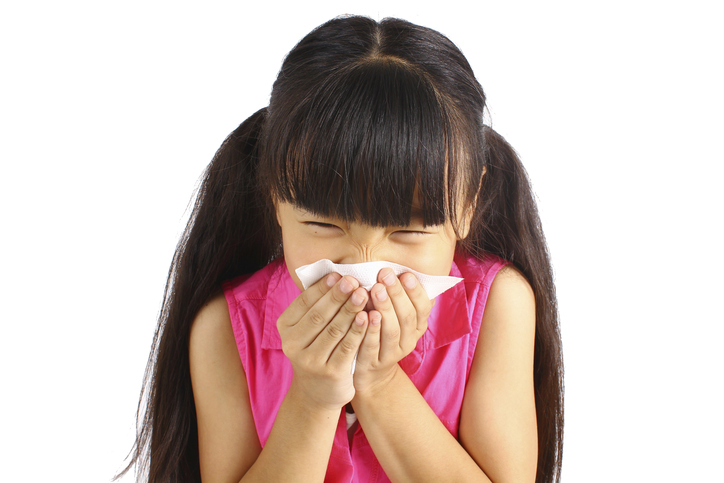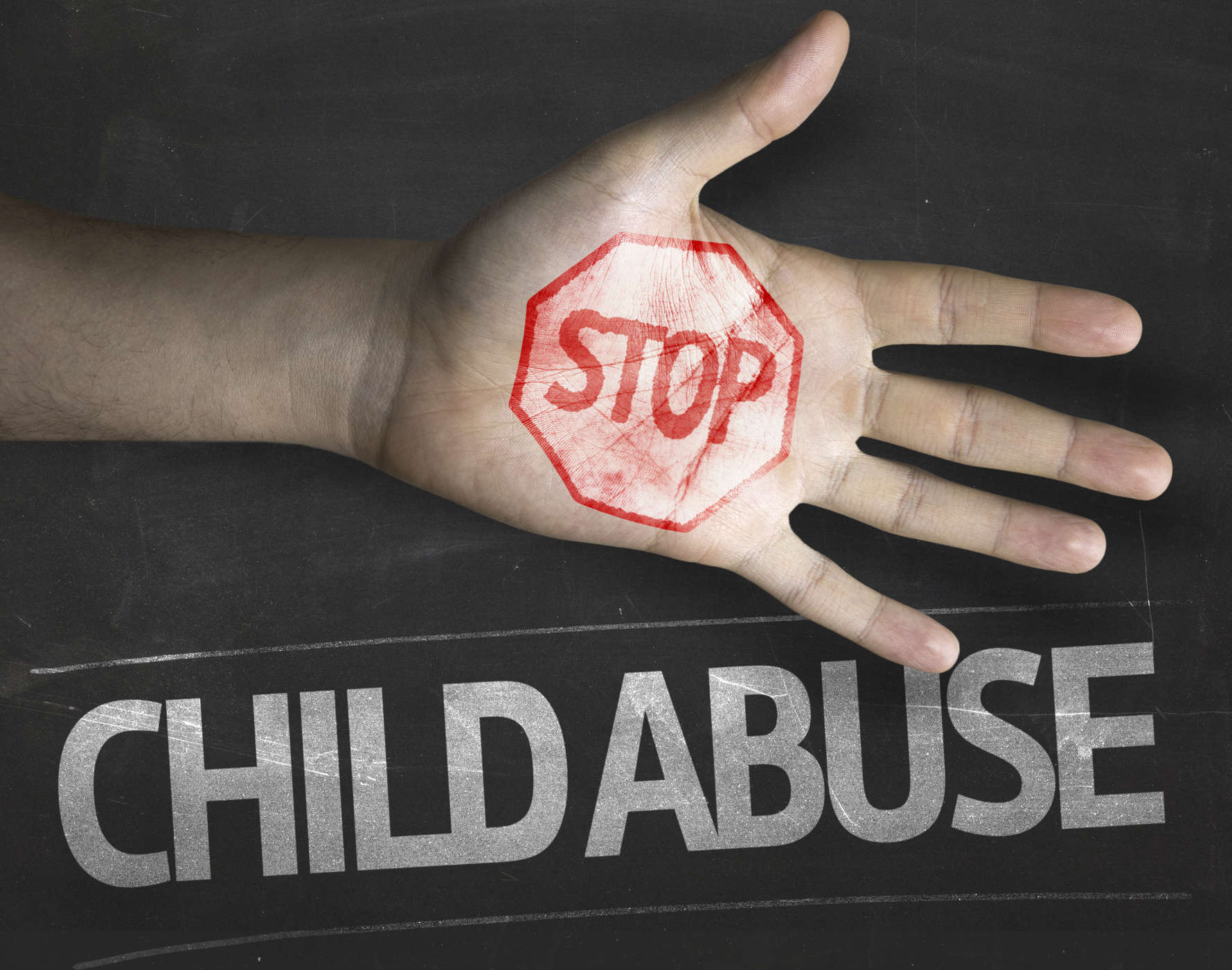Contents:
Medical Video: Heart Attack vs. Panic Attack
Panic attack or panic attackis a wave of extraordinary anxiety and fear. The heart is pounding hard and you cannot breathe. In many cases, panic attacks attack suddenly, without any warning. Often, there is no clear reason why the attack occurred. In fact, this crippling panic wave can happen when you are relaxing or sleeping at night.
Panic attacks may only occur once in a lifetime, but many people have to live their lives in fear that panic attacks will suddenly come again. Repeated attacks are generally triggered by a specific situation, such as crossing a street or public speaking - especially if the situation has caused a previous attack, or if the person has a phobia of the situation triggering a panic attack. Usually, panic-triggering situations are one of the conditions where you feel threatened and cannot escape.
What are the signs and symptoms of a panic attack?
Someone who experiences a panic attack may believe that they have a heart attack or become crazy, even dying. The fear and terror experienced by the person, if seen from the point of view of other people who see it, is not comparable to the situation that actually happened, and may not be related to what happened around him.
Most people who have panic attacks can show the following symptoms:
- Shortness of breath or shallow breathing and rush
- Heart palpitations (heart palpitations)
- Chest pain, or chest feels uncomfortable
- Trembling or shivering body
- Feeling suffocated or choked
- Feeling separate from reality and the surrounding environment
- Sweating or hot cold
- Nausea or abdominal pain
- Dizziness, headache, or fainting
- Numbness or tingling sensation in the arms and fingers
- Hot or cold flashes (sudden increase / decrease in body temperature, in the chest and around the face)
- Fear will die, lose control of the body, or go crazy
Panic attacks are generally short, lasting less than 10 minutes, although some symptoms can last long. People who have experienced one panic attack have a greater risk of having another attack than those who have never experienced a similar attack before.
Most of the symptoms of panic attacks are physical characteristics, and often these symptoms appear so severe that other people around him think that he is having a heart attack. In fact, many people repeatedly visit doctors or emergency rooms in an effort to get treatment for what they think is a critical life-threatening condition, when in fact panic attack. While it's important to still eliminate the possible medical causes of symptoms such as heart palpitations or difficulty breathing, frequent panic attacks are ignored as potential causes.
What should be done when helping people who experience panic attacks?
If you are with someone who is experiencing a panic attack, he may be very anxious and anxious, and cannot think clearly. It can be scary for you to witness episodes of panic attacks, but you can help by doing the following:
- Stay calm and accompany the person during the panic attack. Fighting attacks can make it worse.
- If you are in a crowd, bring it to a quiet place.
- Don't assume about what he needs, for example "Need water? Drug? Do you want to sit down? " Ask directly, "Tell me what you need."
- If he has a drug to deal with his panic attacks, offer it immediately.
- Talk to him in short and simple sentences.
- Avoid any interference factors that impress or surprise you.
- Guide the person to stay focused by asking him to do simple repetitive activities, such as raising his hands above his head.
- He pandu to rearrange his breathing, by asking him to breathe softly in a matter of 10 slowly.
Sometimes, saying the right thing can help the victim go through the attack well. When talking to that person, you might want to offer some supportive words. Tell him that this attack will soon pass, or that you feel proud of them for successfully passing this trial - can be very helpful. Or, you can calm him down by saying that you understand his panic attacks are very frightening, but that doesn't endanger him.
By following the simple guidelines above, you can:
- Reducing the stress level of the person, and also on you
- Prevent the situation from getting worse
- Helps to restore some control to the person in a horrendous situation
What if I myself experience a panic attack?
When you experience a panic attack yourself, try to find out what makes you panic and challenge the fear. You can achieve this by constantly reminding yourself that what you fear is not real and will pass quickly.
Many things can envelop your mind during a panic attack - for example, thinking about death or disaster. Divert these negative thoughts by concentrating on positive imagination. Think of a place or situation that makes you feel peaceful and at ease, relaxed and relaxed. After you project that picture in your mind, try to focus your attention on that imagination. This trick can help you divert your mind from situations that trigger panic and relieve your symptoms.
Even so, sometimes positive thinking can be a challenge, especially if you are used to thinking negatively for a long time. Creative visualization is a technique that requires practice, but you may gradually see positive changes in the way you think about yourself and others.
What happens if a panic attack is left alone?
If left untreated, panic attacks can cause other psychological problems, such as anxiety disorders, and can even cause you to withdraw from normal activities. Panic attacks are a treatable condition, usually with a strategy self-help or a series of therapy sessions, such as cognitive behavioral therapy.
Medication can be used to temporarily control or reduce some symptoms of panic attacks. However, the drug cannot treat or overcome the root of the problem. Drug use can be useful in severe cases, but it should not be the only way out of treatment. The use of drugs will be most effective when combined with other treatments, such as therapy and lifestyle changes, which target the cause of the panic attack.
READ ALSO:
- What to do when helping epilepsy people
- Is that a psychopath, and what's the difference with a sociopath?
- 'Pains' is true due to the disturbance of spirits?












